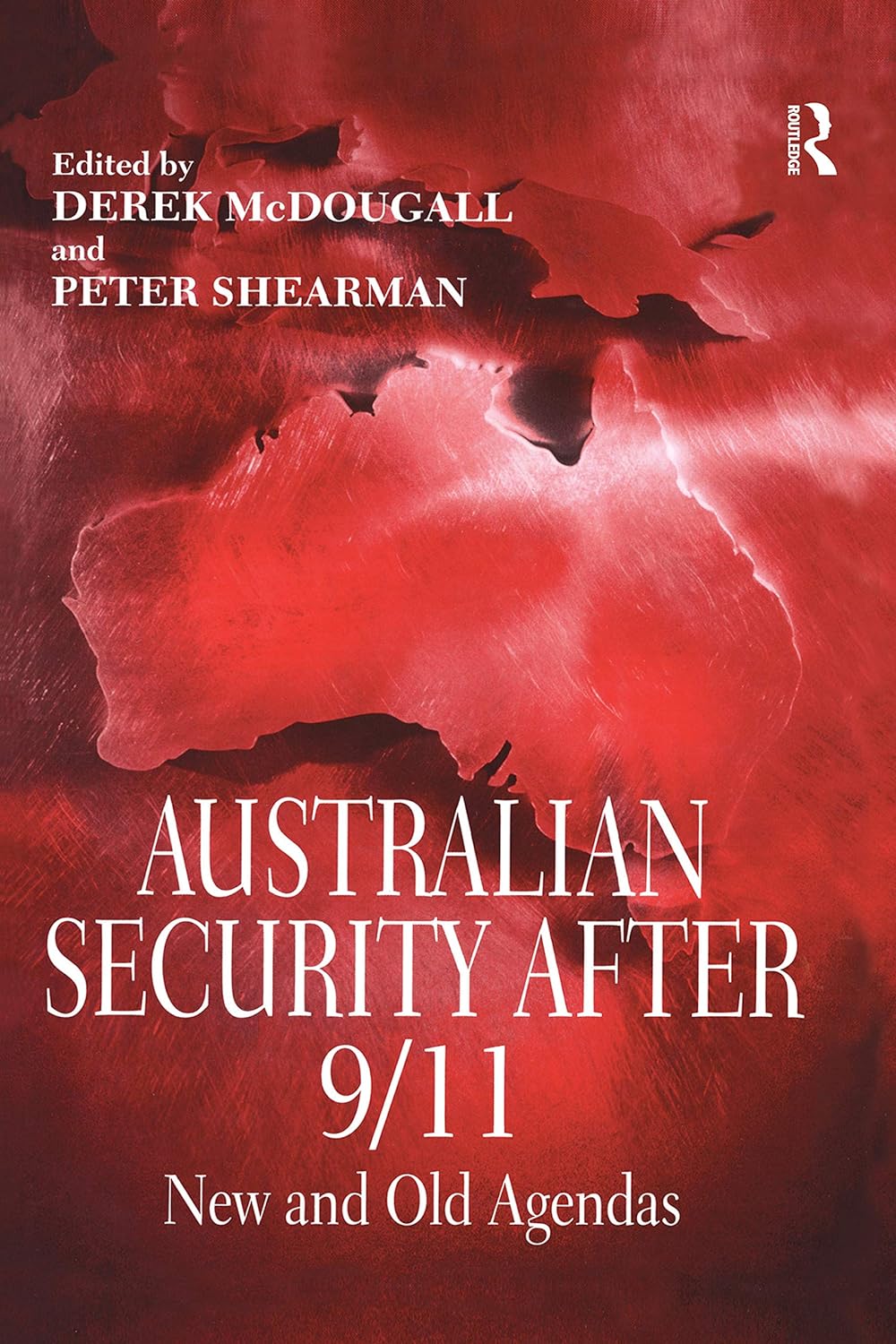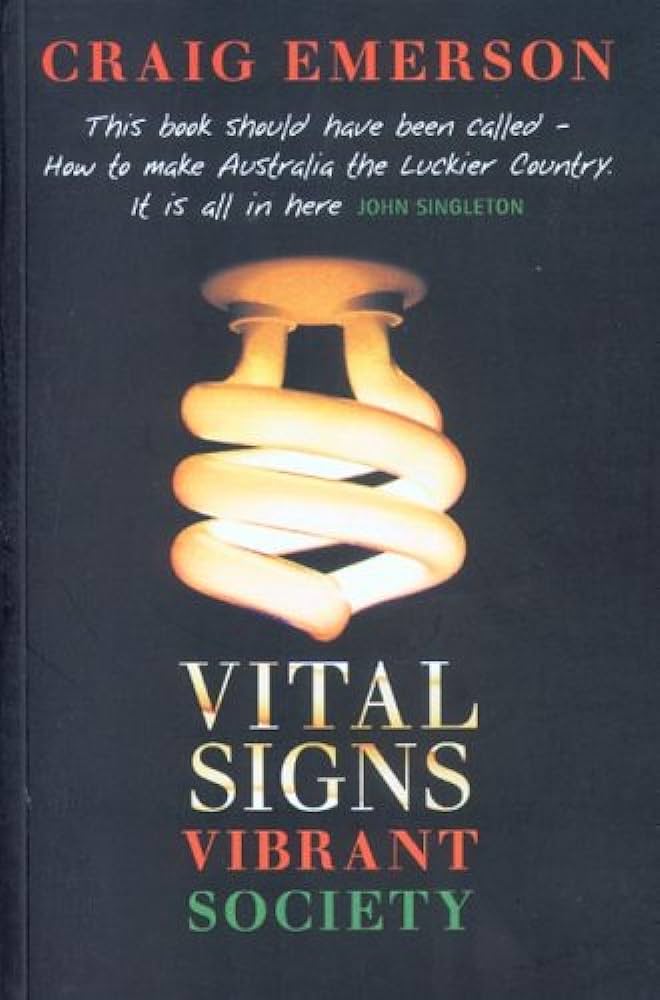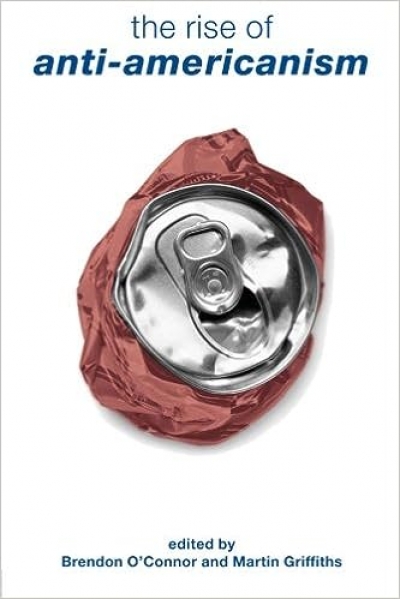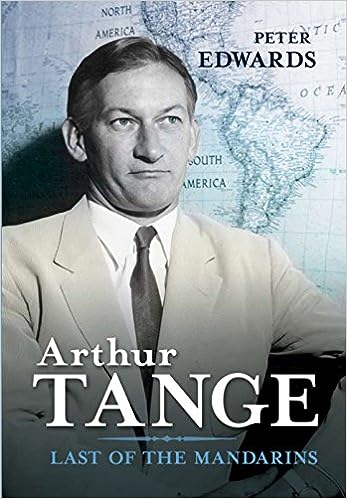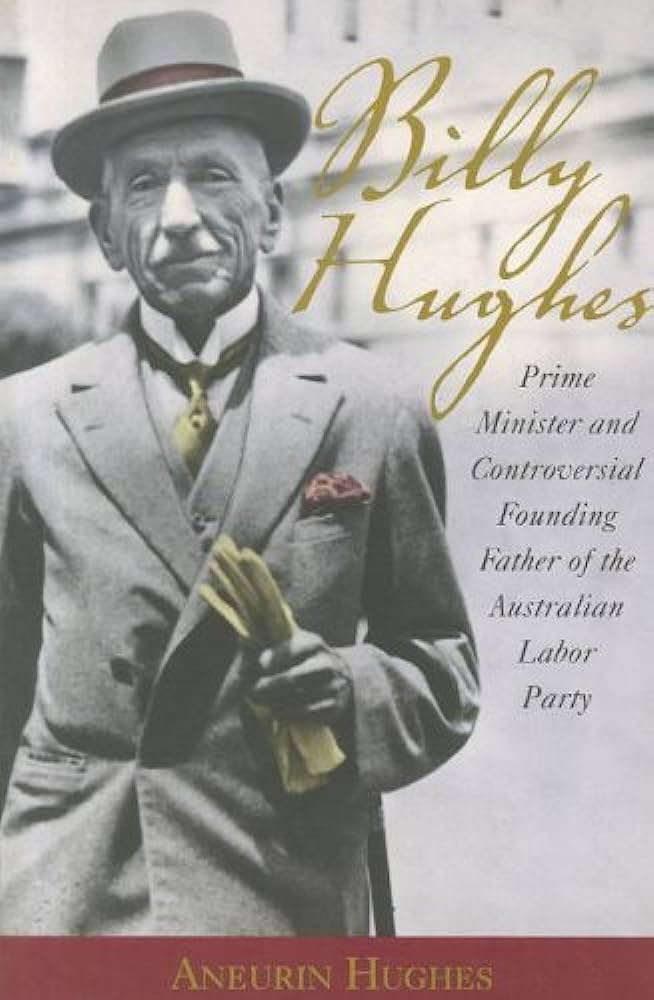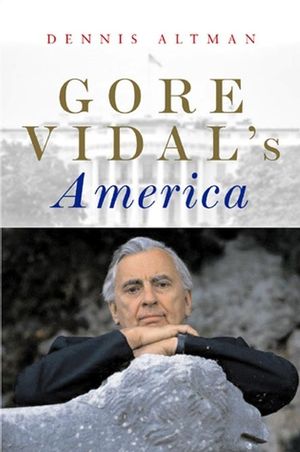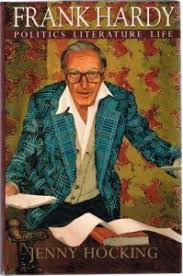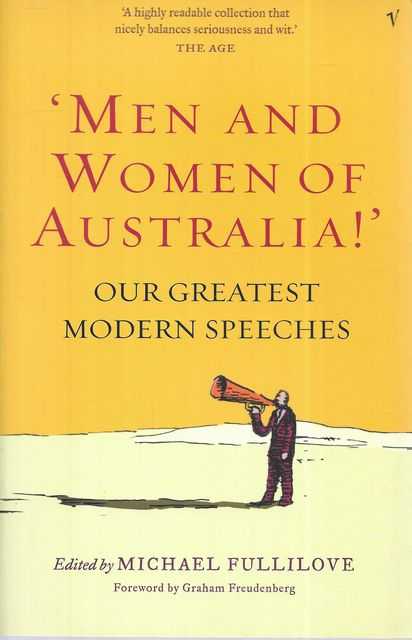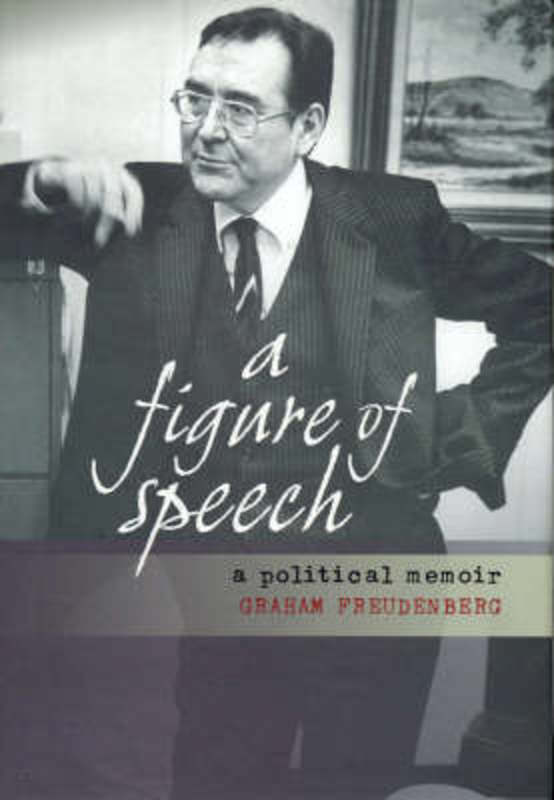Politics
Australian Security After 9/11: New and old agendas edited by Derek McDougall and Peter Shearman
A decade ago, security was the poor cousin to economics in policy studies and public discussion. When John Howard took office in 1996, we were in the midst of an era of euphoric globalisation in which the popular imagination was dominated by wonder at the spread of the free market, growing volumes of trade and finance, and seemingly ever-rising wealth and standards of living. As Paul Kelly has observed, Howard realised early that in this context a government’s perceived capacity to manage the economy – balancing budgets, reducing unemployment, keeping interest rates down – was, to the mind of the electorate, the prime indicator of its fitness to govern. Australians, living through the longest economic boom in decades, had become fearful of a return to the days of economic turmoil and uncertainty. In this era, national security was a most unfashionable topic – at best a distraction, at worst a distortion of the ‘beautiful numbers’ delivered by globalisation.
... (read more)Craig Emerson is a good man to have around in federal politics. He has ideas, which is what politics should be largely about. And ideas, in the barnyard of Canberra politics, are almost as scarce as hen’s teeth. Emerson has a PhD in Economics from ANU. In earlier times, as an adviser to Prime Minister Bob Hawke, he had a reputation for being a bit of an environmentalist. Traditionally, the two disciplines don’t sit happily together. He managed to embrace them both.
... (read more)The Rise of Anti-Americanism edited by Brendon O'Connor and Martin Griffiths
Conservative columnist Mark Steyn has mocked modern progressives for having no enemies, just friends whose grievances are yet to be accommodated. The decision as to whether grievances are best accommodated or confronted is one safely made only if informed by a deep understanding of the particular discontent. Brendon O’Connor (Senior Lecturer in the Department of Politics and Public Policy at Griffith University) and Martin Griffiths (Associate Professor of International Relations at the same institution) have edited a collection of thoughtful and lively essays aimed at increasing our understanding of the assortment of grievances, anxieties and criticisms known as anti-Americanism. This timely volume, comprising a dozen contributions by respected scholars from the US, Britain and Australia, largely succeeds in this aim.
... (read more)Arthur Tange joined the Commonwealth Public Service in 1942, at a point in time when it was undergoing ‘a permanent revolution at once in the size, the calibre, the philosophy and the significance’ of what it was and what it did. Most Australians now forget, if they ever knew, just how limited the function and reach of federal government was in the first decades of the Commonwealth. As in so many areas of national life, World War II wrought a profound transformation in virtually all aspects of central government and public administration, and the young Tange was in at the beginning of the process. As Sir Arthur Tange, Secretary of External/Foreign Affairs and Defence successively from the 1950s to the late 1970s, he did more in turn to shape the formulation and execution of policy in these two areas than any other official, and many ministers, of his time.
... (read more)Billy Hughes: Prime Minister and controversial founding father of the Australian Labor Party by Aneurin Hughes
Major historical figures generally attract multiple biographies. Napoleon and Nelson have, reputedly, amassed more than 200 biographies each – with successive waves of interest reflecting the constant need for reinterpretation. But at some point we must strike a declining marginal utility as we tally the titles – biography as running soap opera appears a postmodern accoutrement. In Australia, we have not yet managed to produce a biography of each prime minister – then along comes another on the ‘Little Digger’ Billy Hughes (1862–1952), without doubt one of our most colourful political leaders and written-about subjects. If not 200 titles, then there is certainly a small bookshelf full of respectable studies and serious essays on him, not to mention his own books and the many cameo appearances he makes in political memoirs and other works of his generation. So, do we need another interpretation? Indeed, does this ‘short life’ of ‘King Billy’ offer a new interpretation? Why did Aneurin Hughes – his namesake but no relation, and more on that later – commit to this laborious project?
... (read more)The editors of Conversations with Gore Vidal – a recently published selection of interviews conducted with Vidal over the course of his long career – introduce the volume by quoting a comment made in the New Yorker in 1960: ‘Nothing’s easier nowadays than to get the feeling of being surrounded by Gore Vidal.’ They go on to remark that, today: ‘Gore Vidal is again seemingly everywhere.’ Although this is something of an exaggeration, it is true that Vidal and his diverse oeuvre appear to have received more serious attention in the past few years than previously. Now eighty years old, this unique and often controversial figure in American culture has lived long enough to see accepted into the mainstream several of his ideas once regarded as outrageous or ‘unpatriotic’. Indeed, as a Publisher’s Weekly reviewer, quoted by Altman, remarked in 2004: ‘Vidal may be in tune with the zeitgeist again …’
... (read more)In reading a biography of Frank Hardy, it is almost impossible to separate the man, as subject, from the work for which he is famous, the novel Power Without Glory (1950) based on the life of John Wren. If I did not want to reach for my gun every time I hear the word ‘icon’ these days, I would say that this novel still has iconic status in Australian culture. The title is a pithy reworking of Graham Greene’s novel The Power and the Glory (1940), about the ethics of a Catholic priest in southern Mexico. Like Greene, Hardy was driven by a quasi-religious commitment, but for him it was a lifelong commitment to the Communist Party of Australia (CPA) rather than to Catholicism.
... (read more)'Men And Women of Australia!': Our greatest modern speeches edited by Michael Fullilove
There was no chaplain aboard the troopship Transylvania as it travelled across the Mediterranean Sea for France in 1916, so the sermon was left to Frank Bethune, a Tasmanian clergyman and private soldier. Bethune rose on the promenade deck and informed the soldiers that, god-fearing or not, they were righting a great wrong and were not heroes, but men. ‘What else do we wish except to go straight forward at the enemy?’ he asked. ‘With our dear ones far behind us and God above us, and our friends on each side of us and only the enemy in front of us – what more do we wish than that?’ Also aboard the ship was Australia’s official war correspondent, Charles Bean. After describing the effect of Bethune’s sermon on the soldiers, Bean delivered the ultimate praise: ‘[There] were tears in many men’s eyes when he finished – and that does not often happen with Australians … And that was because he had put his finger, just for one moment, straight on to the heart of the nation.’
... (read more)A Figure of Speech: A political memoir by Graham Freudenberg
Graham Freudenberg, who has been at the centre of federal and NSW Labor politics for more than forty years, has now written his political memoir. Elegantly presented by his publisher, A Figure of Speech details Freudenberg’s life story, from his childhood in Brisbane to his early career in journalism, a rite of passage to London, and the vicissitudes of life in politics.
... (read more)Neal Blewett reviews 'Losing It' by Annabel Crabb, 'Loner: Inside a Labor tragedy' by Bernard Lagan, and 'The Latham Diaries' by Mark Latham
Although you might not guess it from media comment, The Latham Diaries (MUP, $39.95 hb, 429 pp, 0522852157) is the most important book yet published on Labor’s wilderness years. It provides a pungent characterisation of Labor’s post-1996 history; conveys a profound understanding of the challenges facing a social democratic party in contemporary Australia ...
... (read more)

